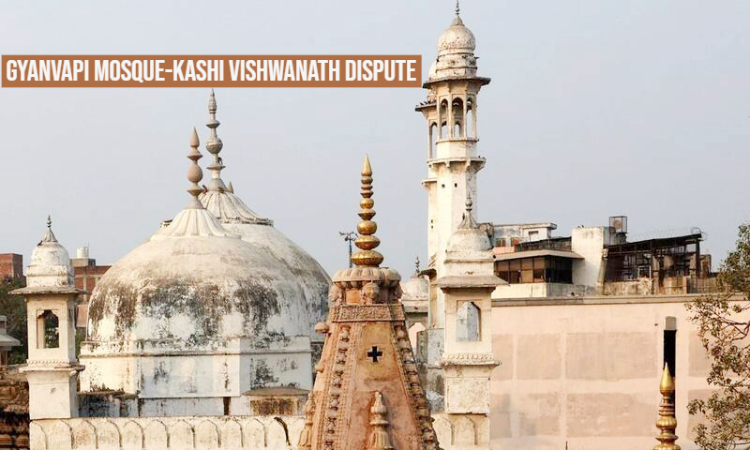Gyanvapi Case Order Today-All You Want To Know About The Present Case
Areeb Uddin Ahmed
12 Sept 2022 10:23 AM IST

Next Story
12 Sept 2022 10:23 AM IST
Near the Lalita ghat in the heart of Varanasi stands the Kashi Vishwanath Temple. Adjacent to the temple is the Gyanvapi Mosque. This property dispute has also become another potentially controversial court case. In a nutshell, the controversy is whether the Gyanvapi Mosque was built after destroying some parts of the Kashi Vishwanath Temple. Earlier this year, in August a local court...
